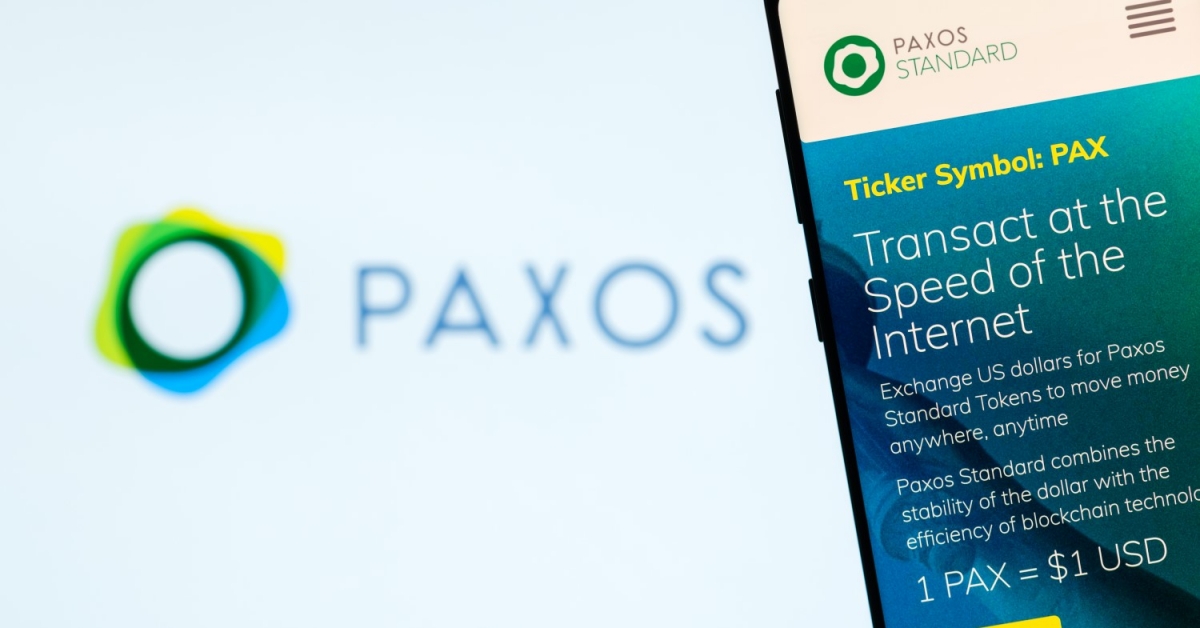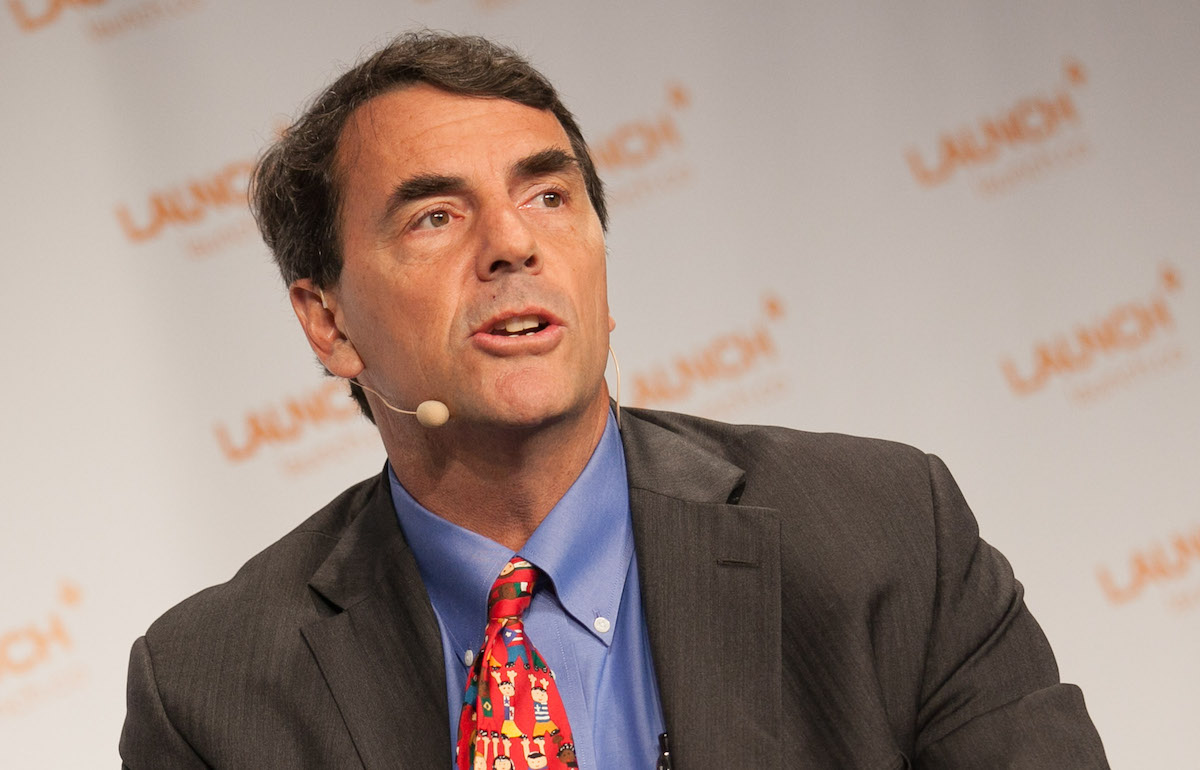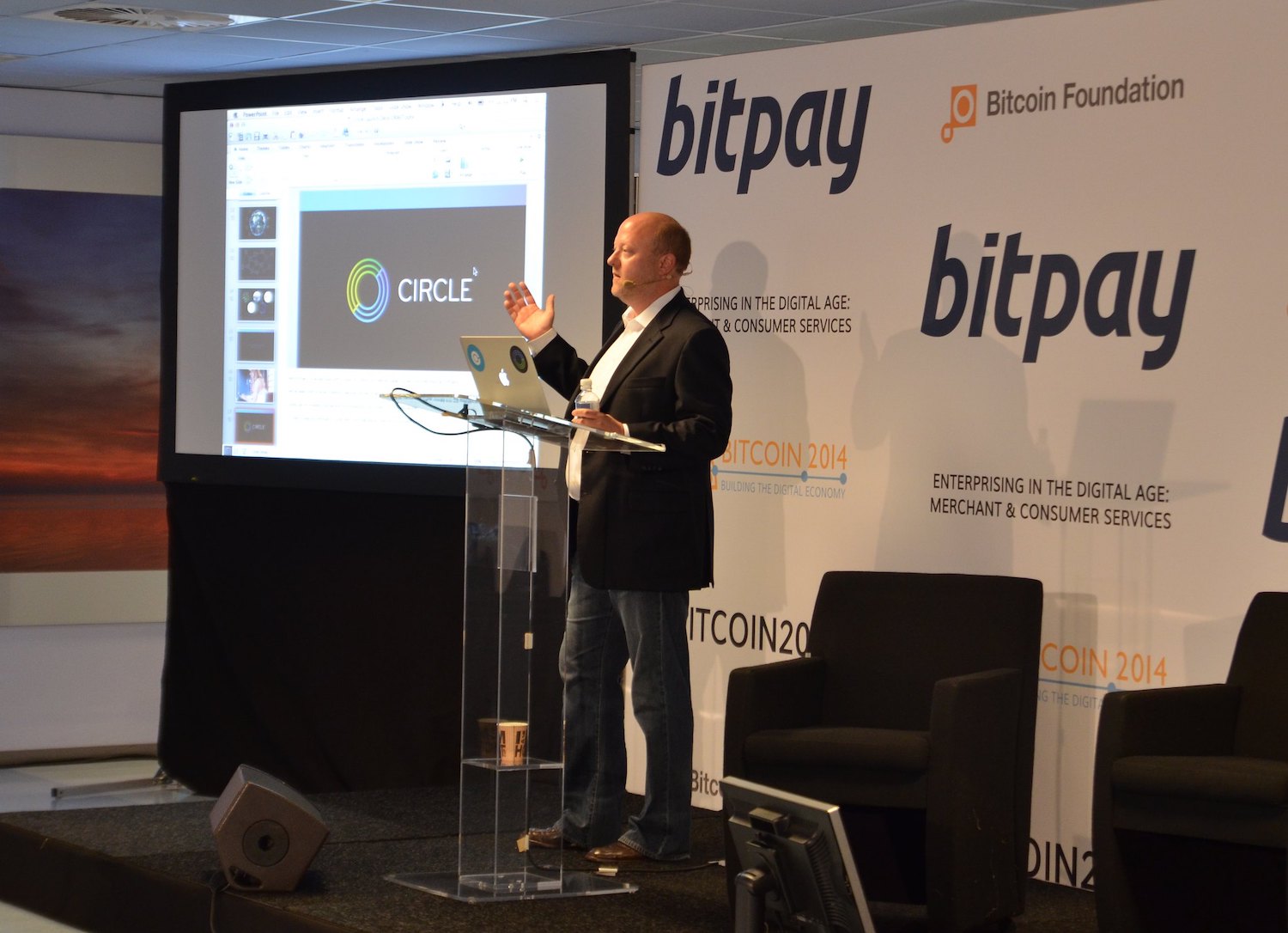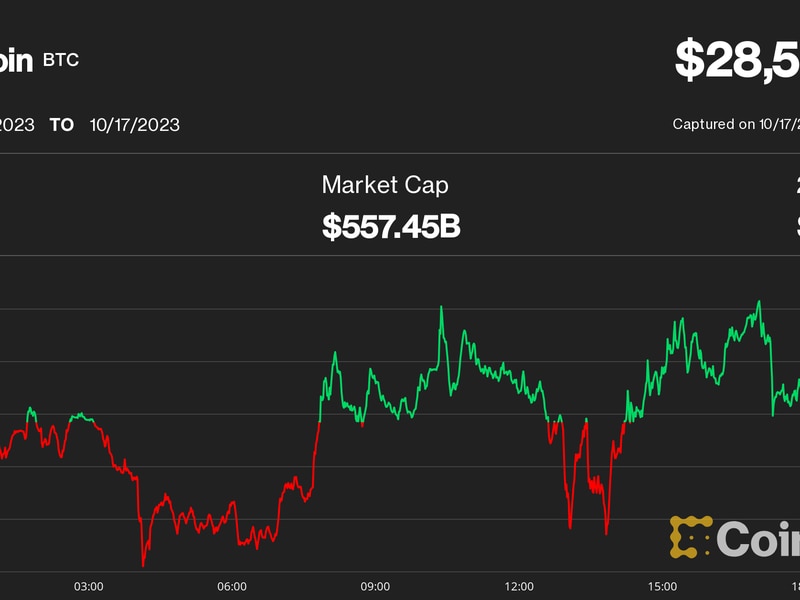Ethereum Has Layer 0 Power. But It Could Still Blow It
If there is ever a theme you can detect from my writing and point of view, it’s that the technology world loves a standard, and Ethereum has become that standard.
Additionally, as I never tire of pointing out, once a standard gains a large foothold, it’s remarkably difficult to dislodge it, even when something better comes along. From operating systems to paper checks (or cheques if you’re in the U.K.), once something becomes “good enough”, tools and pathways are built around them.
There are a few illustrations of the power of technology standards and path dependency that can match the enduring existence of paper checks in the U.S. financial ecosystem.
Paul Brody is EY’s global blockchain leader and a CoinDesk columnist.
Once upon a time, the infrastructure that supported paper checks included networks of overnight flights and all-night data processing centers in banks. Those are all gone today, in favor of digital image processing systems. It’s not uncommon to both send paper checks from your bank through online banking and bill pay and then deposit received checks by scanning them with your smartphone. The absurdity of going from digital to analog to digital to close the loop on a payment made between two entirely digital banking systems is truly testament to the power of path dependency.
Ethereum is certainly on a path to becoming not merely a global standard but a deeply entrenched one in the global business and financial infrastructure. However, it’s not quite there yet, and the ecosystem needs to carefully avoid what I think are three risks that could make a significant opening for an alternative solution. All of these involve negotiating a middle path between extremes.
Avoid centralization
1. The most important and urgent path for Ethereum is to avoid either excessive centralization or decentralization. The entire value proposition of blockchain technology is built upon decentralization. For the more politically inclined, they see it as censorship resistance. For those of us in business, the value proposition is about monopoly resistance. We live in a world of extractive technology monopolies we don’t need anymore.
The current risks posed to Ethereum by immensely powerful staking systems are a case in point. Even well-intentioned entities that inadvertently develop immense power can represent a single point of failure and can morph into forces that can tilt the ecosystem into one direction or another. Systems like quadratic voting can and should be used to prevent any single entity from gaining excessive levels of ecosystem control and dominance.
Excessive decentralization poses a smaller, but still, a risk. An ecosystem without larger entities may struggle to find clear leaders or use cases that can lobby for constructive change.
Reasonable people are the key more than any technology or strategy
Avoid idealism
2. Ethereum can best be described as ideological excess. The internet in its glory expansion years was seen by many as the perfect tool for democratization of both business and personal expression. Some people today see those goals as having failed. Governments and large companies have carved out significant exceptions, building monopolies, filtering content, and spreading propaganda online. Idealists could look at this as a complete failure, but it’s really just partial success.
There is a real risk that as regulators and governments crack down on unauthorized securities sales and money laundering in the crypto-ecosystem, idealists will resist any effort at accountability or lawful limitations. The result might feel like victory, but it would make Ethereum unpalatable for enterprises, public sector, charities and banks with mass market access.
If Ethereum is captured by all-or-nothing idealists, we will surely end up with a world based on centralized, state-controlled “blockchains” not an imperfect global public blockchain. The internet we have today is a far cry from the global, borderless free enterprise and free-speech ecosystem I once hoped we’d have, but I would take it any day over a patchwork of tightly regulated private or government networks. The same goes for Ethereum.
Avoid technological calcification
3. The final risk for Ethereum is technological calcification. Ethereum does not need to be a nimble technology startup, but it must not grind to halt either. Winning technology standards are never the best available technology. I dare someone to tell me that the desktop operating systems we use today represent the best possible experience human ingenuity can come up with. Go ahead and @me (@pbrody).
Indeed, I like to joke that we know with certainty that once upon a time, someone came up with something better than the wheel. We’ll never know what it is, but we can be sure this is true because all ground transportation is based on wheels today. Seriously, I think this is very funny, and I don’t know why nobody laughs at this joke. Too nerdy?
So, while Ethereum (and technology standards like desktop operations systems) doesn’t need to be the best of all possible experiences, it cannot stand still. Technology standards that survive are the ones that adapt. Maybe not quickly, but they adapt, nonetheless.
Cool features introduced by upstarts today are, eventually, incorporated into the core platform. Ethereum did not pioneer proof-of-stake, for example, and didn’t get there quickly, but it did get there eventually. The enduring dominance of current standards from TCP/IP to IBM mainframes isn’t possible without continuous improvement.
So far, Ethereum has been successful with all these tests and I’m not forecasting failure by any means, just highlighting the risks. Indeed, I think the secret power of Ethereum is very similar to that of the internet. It’s what people have been calling the Layer 0 power: the social network that underpins the technology. Time and again, people I have met in the Ethereum ecosystem have struck me as an excellent blend of visionaries, intelligent and reasonable people.
To win, Ethereum must keep charting a middle path through these minefields. Reasonable people are the key to that more than any technology or strategy.
Edited by Ben Schiller.









